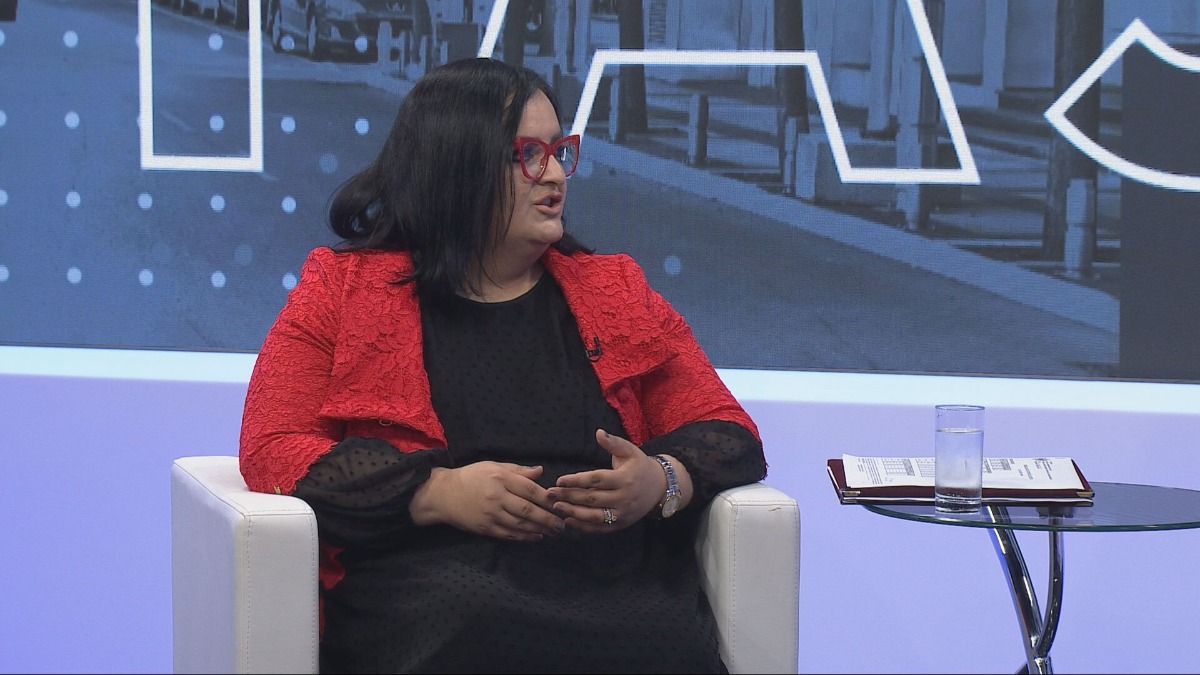Minister of Labor Naida Nišić announced the introduction of a seven-hour workday in the public and private sectors in Montenegro, without salary reductions. This reform is part of a broader process of aligning labor legislation with European Union standards, including the implementation of directives on remote work, equal pay, and minimum wage. Although some sectors, such as construction and tourism, have expressed concerns, the Ministry of Labor emphasizes that the introduction of the seven-hour workday will be implemented through social dialogue and cooperation with all social partners. Additionally, working groups will be formed to analyze problems in the economy and remove business barriers. The minister stressed that the seven-hour workday will not affect salary reductions and will be a legal obligation in both sectors.
Political Perspectives:
Left: Left-leaning outlets emphasize the positive social impact of reducing working hours, highlighting workers’ rights, improved work-life balance, and alignment with EU labor standards. They focus on the benefits for employees and the importance of social dialogue in implementing reforms.
Center: Center-leaning sources report the facts of the reform, noting the government’s plans and the concerns raised by some sectors. They present a balanced view, mentioning both the potential benefits and the challenges, including the economic implications and the need for further dialogue.
Right: Right-leaning media tend to highlight the concerns of employers and sectors like construction and tourism, focusing on the potential economic impact and skepticism about the feasibility of the reform. They stress the importance of maintaining economic competitiveness and caution against overregulation.




